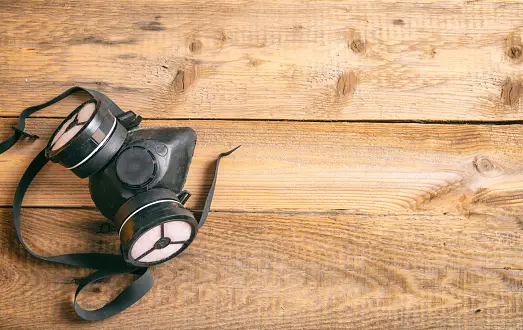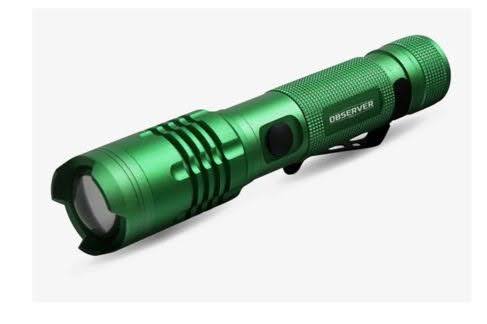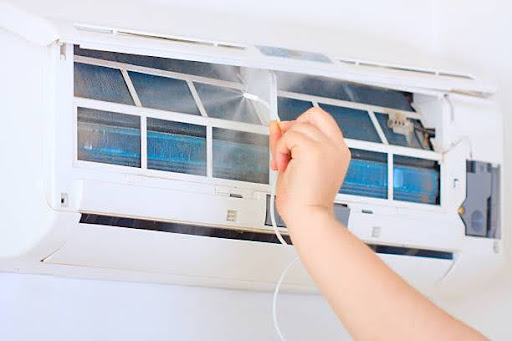Respiratory protection equipment (RPE) is one of the most fundamental pieces of personal protective equipment (PPE) that employers must provide to workers who work in hazardous air conditions. However, there is some confusion regarding certain aspects of RPE, such as who is supposed to wear it and who should provide it? This post will answer several of those questions.
Is It the Employer’s Responsibility to Provide RPE to their Workers?
If the workers are required to work under hazardous conditions where they are likely to breathe in hazardous materials, then it is indeed the employer’s responsibility to provide them with the right RPE. Employers are legally obliged to provide their employees with working respiratory protection equipment that is fully equipped to filter out the kind of pollutants the concerned work area is likely to produce.
Is RPE Maintenance Necessary?
Yes, RPE maintenance is just as important as RPE procurement, if not even more so. If an employer supplies their employees with RPE that does not work in the capacity that they are supposed to, then those respiratory protection equipment units are not offering any real protection at all. Therefore, it might be considered an even worse offence than not procuring any RPE for the workers at all. Even if that that happens because of ignorance, it will be an instance of employer negligence.
The fact is that if there is no respiratory protection equipment available, then the employees may theoretically have the option to refuse working in hazardous work conditions without the right RPE. On the other hand, if they are provided with defective RPE and a false sense of safety that comes with it, they won’t even know something is wrong until it’s too late. To ensure that never happens at your own workplace, pay a visit to respirtec.co.uk for all services related to RPE maintenance, inspection, repair, replacement, and compliance.
What Kind of RPE Should Employers be Looking For?
There are several different types of industrial and commercial air pollutants that workers across the various sectors are likely to breathe in. For example, not only are there different respirators chemicals, particulates, and industrial dust particles, but there are subdivisions within those broad categories as well.
Unless something is certified to be able to provide protection against a specific type of air pollutant, it must not be used for that purpose. Therefore, it is a legal mandate that all workers are provided with RPE rated as being compliant with the applicable respiratory hazard protection standards. Failure to do so can lead to anything from fines and expensive compensations to even jailtime, depending on the circumstances and the extent of harm suffered by the worker(s). Work with your respiratory protection equipment maintenance team for more information.
If you have further questions, ask your supplier directly before you order the respiratory protection equipment in bulk. Ask any secondary set of questions when it’s time to get the equipment checked for damages/defects after a while.




